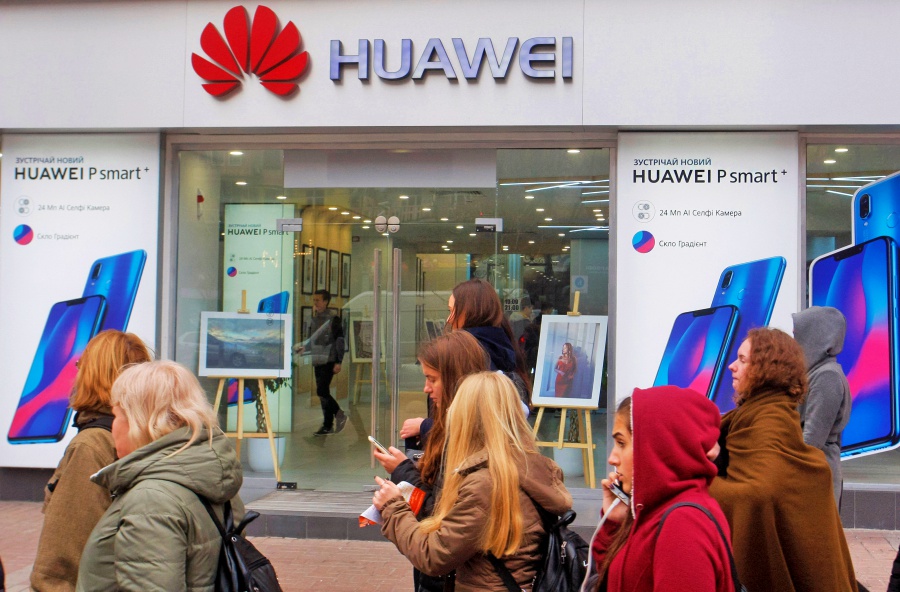Independent consulting firm R3 released a white paper titled “China Brands Go Global”, discussing the various drivers of Chinese brands going overseas, and the role of culture, strategy and infrastructure in expanding the global influence of Chinese brands.
According to the report, although Chinese brands have continued to expand overseas, their popularity and reach have declined over the past three years, caused by a highly competitive global market. However, well-known brands such as Alibaba and Xiaomi, both in the mainstream market, are not affected by this.
“Companies that do not have a strong export brand strategy may be eliminated in the fierce competition,” the report said.
R3 also pointed out that Chinese brands are currently facing several major challenges in the process of going international: the improper selection of business models, low brand trust, insufficient brand building, cultural barriers, and incomprehensible consumer behaviour.
Among them, the following points deserve attention.
The pursuit of short-term sales will not work
The report says that Chinese companies must adopt a market-driven rather than sales-driven business model.
“There are too many sales-driven companies in China that have paid little attention to the brand resonance of overseas consumers. Instead, they have chosen a variety of shortcuts that will help boost short-term sales, regardless of how these shortcuts affect long-term growth,” it said.

One common strategy is to buy fake reviews. The whitepaper pointed out that although false comments are commonplace on Chinese e-commerce websites, the cost of false comments in foreign countries is becoming higher, and overall becoming less effective. This is because in recent years, consumers and e-commerce platforms are able to distinguish false comments.
“Now, buyers can use browser extensions such as Fakespot (a false comment detection tool) to identify false reviews, and various online malls regularly review product reviews to remove false content,” the report said.
A lack of understanding about brand-building
The promotion of “products” to “brands” requires both creative inspiration and organisational restructuring, which does not exist in a typical Chinese business model.
Chinese brands still adopt a product-driven business model, which is evident from the discount-driven innovation technology industry led by giants such as Alibaba, Tencent, Baidu and JD. R3 said that many Chinese brands are not aware of brand building when they enter a global market, and are more inclined to achieve the goal of “increasing sales by 25% in the next year”.
Due to the limited emphasis on brand building, such brands are more inclined to adopt rapid failure and quick-fix strategies in new overseas markets. However, foreign consumers do not buy this short-term strategy.
“The current overseas visibility of Chinese brands including Vibrato, WeChat, Lenovo and Dajiang is largely the result of brand building that Chinese companies cannot see in traditional experiences,” said Sabrina Lee, managing director, R3 China.
“In order to cope with international competition, Chinese companies need to use the entire brand as the main carrier of merchandise exports rather than focusing on products (commodities).”
The report provides recommendations and believes that investment branding will also attract young consumers. The group’s perception of “Made in China” is more positive than that of the older generation. Gen Z consumers generally favour more affordable and innovative products and do not pay much attention to the origin of the products.
Cultural differences are a result of ‘individualism’
Cultural barriers refer to a series of problems from language to facial expressions to social norms. “A major cultural difference that Chinese companies should pay attention to is the consumer driver in individualistic culture,” the report said.
In a collectivist country like China, consumers tend to follow trends and value the long-term reputation of products or brands rather than their novelty. Consumers in collectivist countries usually consume for their families, not just individuals. Therefore, they are more inclined to buy a variety of goods from a trusted retailer.

“However, consumers in an individualistic culture are striving to be different. They mainly consider their own needs when buying products,” the report says. This is because they usually prefer to catch up with trends rather than be loyal to a particular brand.
These cultural differences indicate that companies that conduct business in countries where individualism prevails should improve multi-channel marketing strategies, allocate loose return policies, and minimise incentive programs by rationally allocating resources.
Western consumers have low tolerance for advertisements
In China, the size of a business is directly related to its business reputation. Consumers are looking for brands that are trustworthy in quality, and Chinese companies are striving to shape professional brand image. Therefore, advertising and marketing are often straightforward in China.
“On the other hand, Western consumers are less tolerant of advertising. They consciously avoid commercial advertising marketing and tend to be exposed to brand missions and brands that advocate personal ideas,” the report said.








